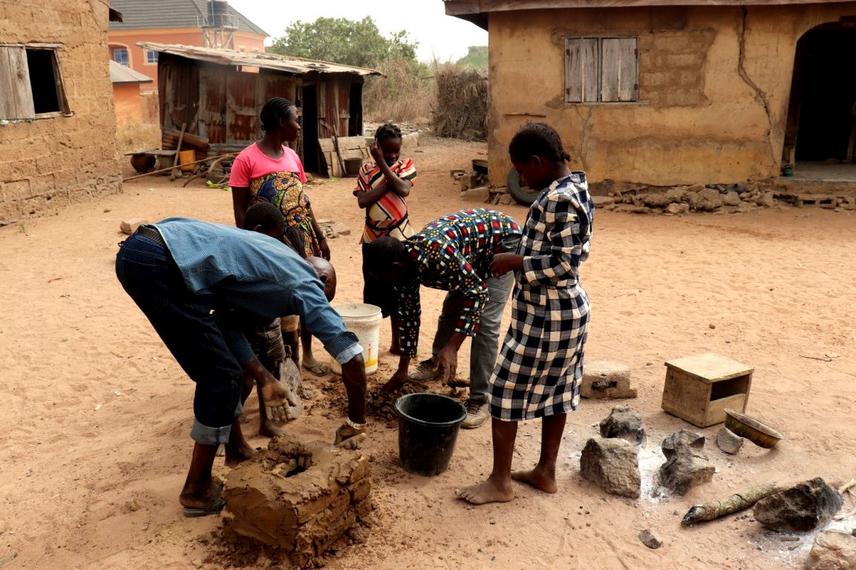Social media video featuring the project.
Folaranmi Babalola
Other projects
25 Jan 2017
Efficient Fuelwood Use as a Strategy to Reducing Household Pressure on Natural Forests of Guinea Savanna Zone of Nigeria
The study is based on the premise that efficient use of biomass energy will reduce quantity of firewood used for domestic cooking and burden of firewood collection by households, and ultimately reduce pressure on natural forests. The first stage of the project has generated information on local use of biomass energy and creates awareness on the importance of improved cook stoves for welfare of households. This second stage is an intervention through introduction of efficient cook stoves to households in the selected communities. The project will build capacity through participation and training of households in the production and maintenance of simple cook stoves. Also, conservation education will be conducted through public film shows in the communities and seminars for youths in the surrounding schools.

It was reported in 2015 edition of World Energy Outlook (WEO) that 730 million people wordwide rely on solid biomass for cooking with the use of inefficient cookstoves that cause air pollution resulting in premature deaths of nearly 600,000 in Africa each year, in addition to other associated implications on environment and biodiversity loss. Globally, two billion people still rely on highly inefficient three-stone fires for their cooking needs. Inefficient three-stone fires emit high levels of black carbon (soot particles), which are now thought to play a large part in global warming. In addition to these environmental concerns, the burning of biomass contributes to deforestation, emissions of CO2 and other greenhouse gases, and poses serious health hazards to women and children. Observations were made on increasing exploitation of natural forests by people in Guinea Savanna of Nigeria for firewood and production of charcoal. The impact of the exploitation is resulting to fast disappearance of the natural forests.
The first stage of the project has generated information on local use of biomass energy. This second stage is an intervention through introduction of efficient cook stoves to households in the selected communities. In the first stage of the project, it was discovered that majority of the local communities use firewood as main source of domestic cooking energy. The firewood was collected freely in the wild twice a week within the distance of about 2 km.
Almost all the sampled women agreed to change from their current inefficient three-stones cookstove to efficient cookstove proposed by the research team. However, the women preferred improved cookstove that is using firewood due to affordability and free accessibility to firewood. This second stage of the project is therefore an intervention through introduction of simple and efficient cook stoves to households in the communities. There will be capacity building through participation and training of households on production and maintenance of simple cook stoves. Also, conservation education will be conducted through public film shows in the communities and seminars for youths in the surrounding schools.